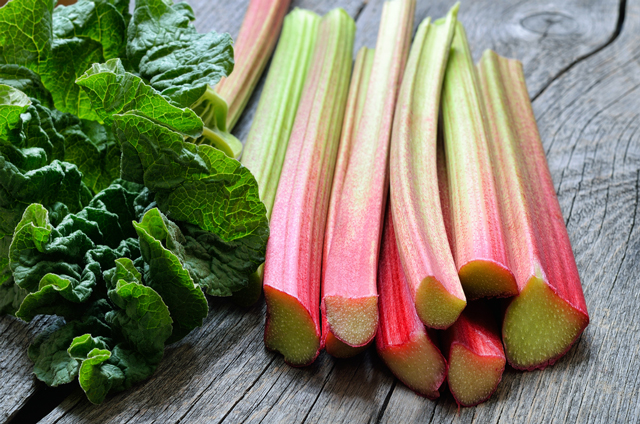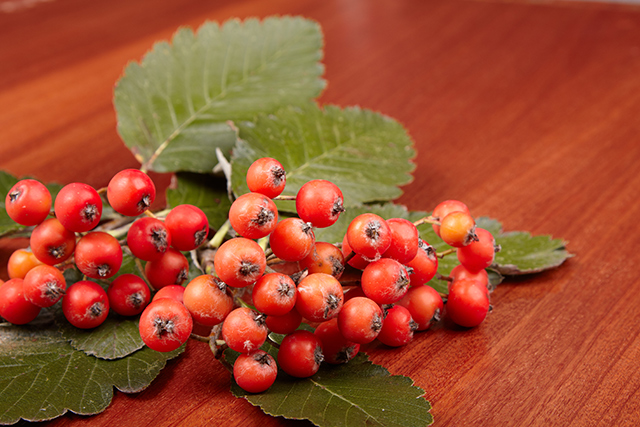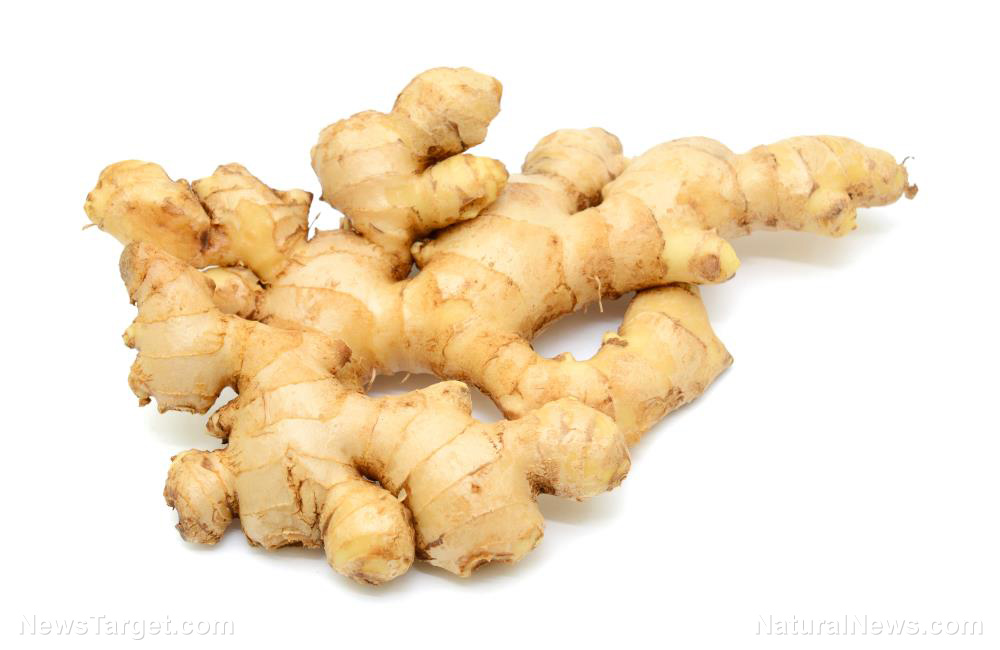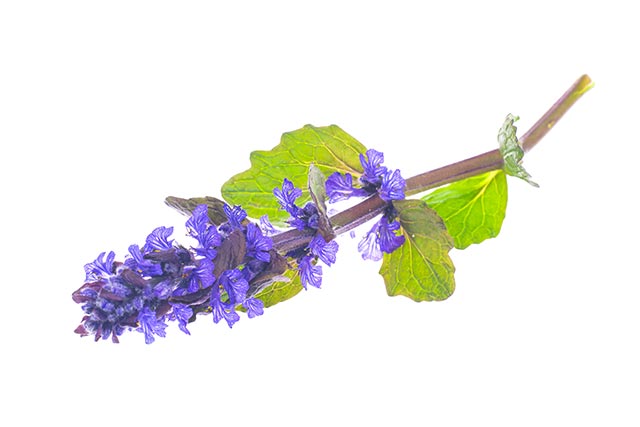Spearmint’s antibacterial properties prove useful against food-borne pathogens
08/26/2018 / By Janine Acero

A study published in the Journal of Environmental Science, Toxicology and Food Technology found that spearmint (Mentha spicata) leaves and infusion contained antibacterial activity, as well as its essential oil, which was noted to be especially potent against food-borne pathogenic bacteria associated with outbreaks.
The plant genus Mentha, which comprises of 25 to 30 different species, is known for its antimicrobial, antiviral, and insecticidal activity. Essential oils of mint have been used in toiletry, food and pharmaceutical industries because of its aromatic, stimulant and carminative nature.
Researchers from Egypt analyzed the loose, packed and fresh samples of M. spicata leaves and infusions for their moisture content, microbiological and aflatoxin (poisonous carcinogens) activity, as well as the antibacterial property of its essential oil.
The researchers gathered a total of 300 fresh, dry loose and packed forms of spearmint leaves and their corresponding infusions (50 samples each) from markets in Cairo, Egypt. Each sample was kept in a separate sterile plastic bag and preserved in an ice box then transferred to the laboratory under complete aseptic conditions without delay and examined as quickly as possible. The infusions were prepared by soaking 1.5 g of the samples in 200 ml boiled water. Four strains of bacteria (Staphylococcus aureus, Bacillus cereus, Escherichia coli, and Salmonella typhimaurium) were used as test microorganisms. The essential oil was examined by disk diffusion assay and also inoculated with the given microorganisms.
After repeated experiments, the findings confirmed that the leaves and infusion of M. spicata have antibacterial potential against food-borne pathogens, particularly against S. aureus and E. coli. Menthol is the main constituent of mint oil, which is bactericidal against these pathogenic bacteria.
The study also confirmed that the essential oil of M. spicata exhibited antibacterial activity, which could be attributed to the presence of carvone and limonene. Carvone has been known to possesses decongestant, diuretic, antiviral, and tonic biological properties, while limonene – a chemical found in citrus fruit peels – is used in medicine to treat bronchitis and promote weight loss. Other components found in this oil are alpha-pinene, beta-pinene, caryophyllene, cineole, linalool, menthol, and myrcene.
The study further revealed that loose leaves contained the most microbial load, while fresh leaves contained the lowest molds and yeasts count, spore-forming bacteria, E. coli and B. cereus, while Salmonella spp, Shigella spp, Clostridium perfringens, and S. aureus were not at all detected. In addition, fresh leaves and infusion samples were not found to contain aflatoxins.
The study concluded that M. spicata dry leaves showed high aflatoxin contamination levels compared with fresh leaves and infusions. Moreover, the essential oil has remarkable antibacterial activity against common food-borne pathogenic bacteria.
Other benefits of spearmint essential oil
The essential oil of M. spicata has a variety of medicinal properties which makes it a versatile natural remedy, something that essential oils are known for. Below are some of the main health benefits associated with spearmint oil:
- Antiseptic – The essential oil of M. spicata can speed wound healing due to its components such as menthol, myrcene, and caryophyllene. (Related: Natural antiseptics to fight infections in a SHTF scenario.)
- Antispasmodic – Spearmint essential oil has a relaxing and cooling effect on the nerves and muscles thanks to its menthol content, which can help relieve spasmodic coughs, abdominal aches, muscle cramps, nervous convulsions, and even spasmodic cholera.
- Disinfectant – Spearmint essential oil can help get rid of internal and external infections due to its antibacterial, antifungal, and antiviral properties. It is particularly effective in protecting the stomach and intestines from wounds and ulcers.
- Insecticide – Spearmint essential oil is an effective insect repellent. It can help keep away mosquitoes, flies, ants and other insects, and it can also be safely applied on the skin for protection against insect bites. The essential oil can be added to bug sprays, creams, and fumigants.
M. spicata oil can also be used to treat asthma due to its decongestant properties, as well as relieve fevers, flatulence, constipation, sinusitis, acne, gum and teeth issues, soothe migraines, stress, and depression.
See EssentialOils.news for more published stories.
Sources include:
IOSRJournals.org [PDF]
Tagged Under: antibacterial properties, food as medicine, food cures, food safety, food science, health benefits of spearmint, herbal remedies, Herbs, Mentha spicata, natural cures, natural medicine, natural remedies, spearmint leaves, Spearmint oil




















